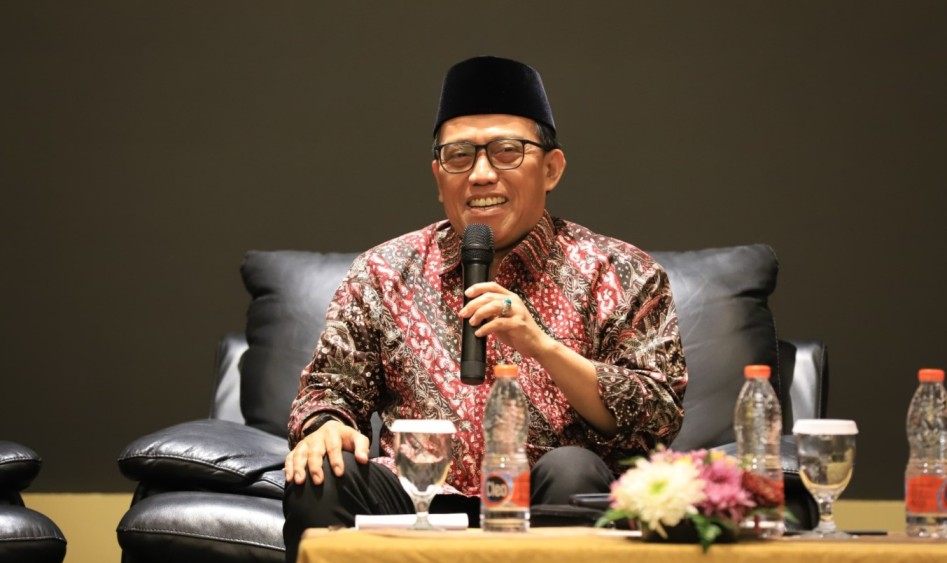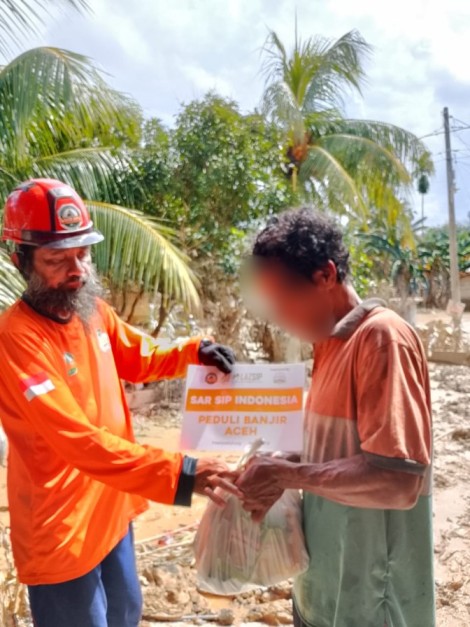Indonesia to settle nickel export ban dispute with EU

Jakarta (Indonesia Window) – The Indonesian government is ready to collaborate with the European Union (EU) in creating added value in the steel sector, and open dialogue to settle the nickel export ban dispute.
The issue began with the European Union’s complaint to the World Trade Organization (WTO) on November 22, 2019 coded DS592 regarding alleged export restrictions and local content subsidies adopted by Indonesia with respect to certain raw materials.
Trade Minister Muhammad Lutfi said the Indonesian government regretted the European Union’s move on January 14, 2021, which requested for a WTO Panel to resolve the case.
“Indonesia is ready to maintain its position in the dispute resolution forum at the WTO. The government and related parties will continue to coordinate to ensure that all steps and efforts which aim to increase added value of every material and raise national competitiveness will always be priority agendas going forward,” the minister told a virtual press conference here on Friday (Jan. 15).
The Indonesian government is of the view that the EU has misunderstood and interpreted its policies, even though this was clearly conveyed during the consultation process in 2020.
According to Lutfi, the government believes that the dispute resolution forum at the WTO is the right place to examine the policies of the organization’s members if they are in accordance with WTO’s principles.
“Indonesia as a country that upholds the law will serve the EU’s request with dignity. The Indonesian government also highly appreciates the European Union, and is committed to following the standard process according to WTO’s rules, which will start on January 25, 2021,” he stressed.
The government believes that Indonesia’s policies on mineral resource management are intended to maintain the sustainability of national natural resources.
In addition, such policies also boost Indonesia’s participation in global value chains that support the national economy and improve people’s welfares, and therefore the polices have been in accordance with international commitments and principles.
“Indonesia is always ready to consult if the European Union wants further explanation on Indonesian policies, including that on the mineral resources management,” Lutfi said.
Indonesia is the second largest steel producer in the world after China.
In January-November 2020, the steel sector was the third largest contributor to national exports after palm oil and coal, with a value of 9.6 billion U.S. dollars.
This is part of the transformation of Indonesia from producing-raw and semi-finished goods country to industrial goods-producing and a high-tech industrialized country.
DS592
The DS592 dispute is the European Union’s response to the imposition of a ban on nickel ore exports by the Indonesian government which took effect on January 1, 2020.
The EU considers that the policy violates a number of WTO provisions and has a negative impact on the competitiveness of the steel industry in the region.
The request for an EU consultation meeting was approved by Indonesia on November 29, 2019, and it was held on January 30 and 31, 2020.
In the DS592 document, the EU is challenging certain restrictions imposed by Indonesia on exports of raw materials necessary for the production of stainless steel, notably nickel but also scraps, coal and coke, iron ore and chromium.
The measures at issue include a prohibition to export as well as domestic processing requirements, domestic marketing obligations and export licensing procedures and requirements.
The EU is also challenging cross-sectoral import duty exemption schemes for new industries contingent upon the use of domestic over imported equipment.
Reporting by Indonesia Window

.jpg)








